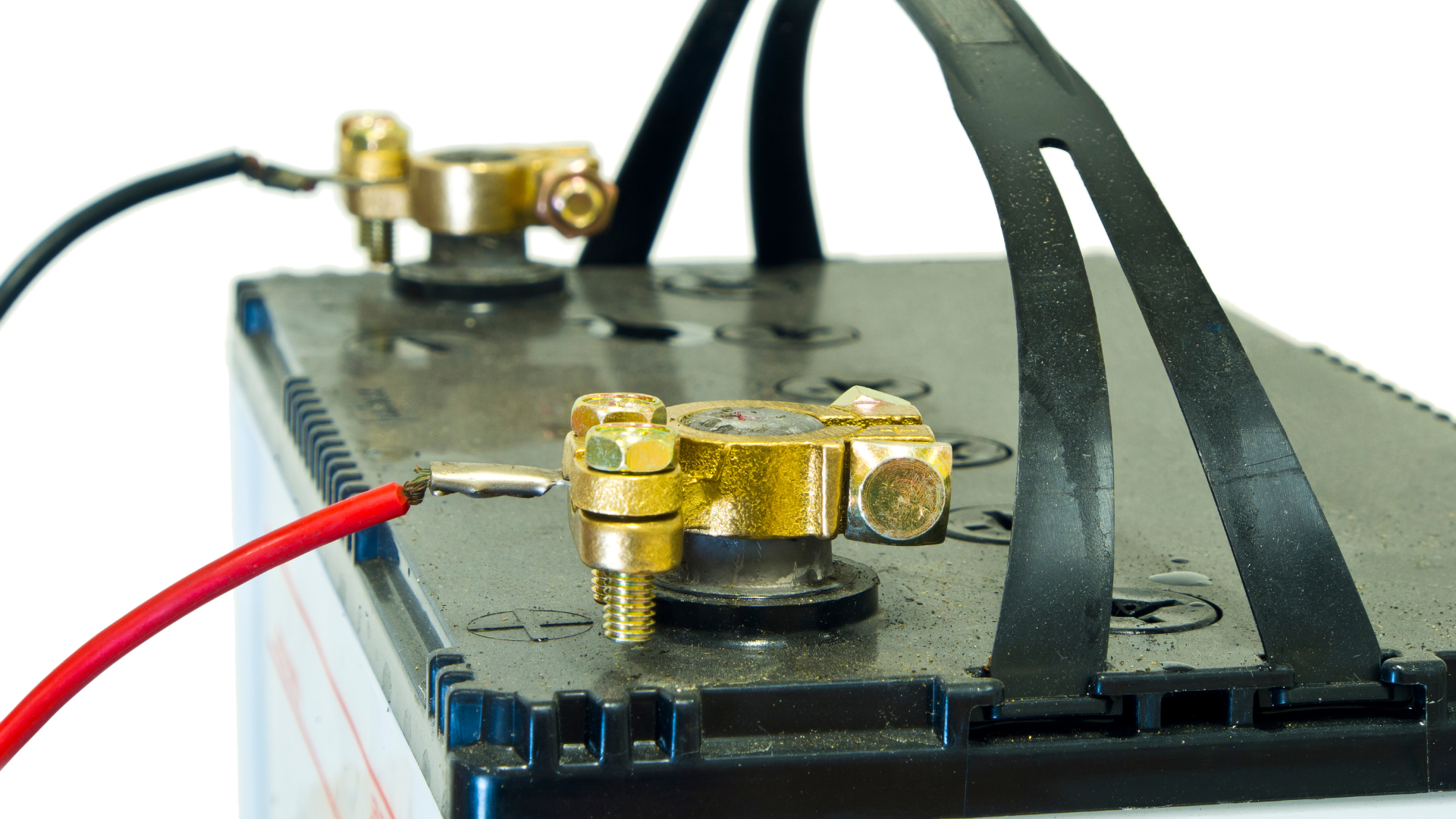
FILE / STOCK
The Federation of Philippine Industries is urging the Department of Environment and Natural Resources to expand the application of the Extended Producer Responsibility (EPR) law to include used lead acid batteries (ULAB).
The FPI is asking the DENR to issue an administrative order mandating manufacturers of lead acid batteries to comply with the EPR Law to ensure its proper recovery and recycling.
Enacted in 2022, the Extended Producer Responsibility Act of 2022 large-scale companies to manage their plastic packaging waste throughout the life cycle of the product.
In a position paper to Environment Secretary Maria Antonia Yulo-Loyzaga, FPI chair Jesus Arranza said the DENR should “strictly enforce” the proper collection and recycling of ULAB so that entities “will not be able to market their products in the country unless they have satisfactorily proven that they have collected their ULABs and channeled them to accredited recyclers.”
According to the United Nations Environment Programme, approximately 86 percent of the total global lead consumption is for the production of lead-acid batteries, mainly used in motorized vehicles, storage of energy generated by photovoltaic cells and wind turbines and backup power supplies.
The group said recycling hazardous wastes including ULAB requires advanced technical know-how and state-of-the-art facilities given their immediate harmful effects on the environment and people.
“We believe that compared to ordinary waste types like plastics currently covered by the EPR implementing rules, ULABs should be treated with more urgency because of their immediate harmful effects on the environment and the people,” Arranza said.
The FPI said the government should support modern recyclers so that ULABs won’t end up in the hands of fly-by-night recyclers that operate “shabby and unregulated facilities.”
It also called on the government to require concerned producers and importers to collect used lead acid batteries and transport them to accredited recyclers.
“As much as possible, we are pushing for 1 to 1. This means that, as an example, an entity that managed to collect 1,000
ULABs should only be allowed to sell 1,000 brand new batteries as well,” he said.
If attaining a one-to-one ratio is unattainable, the group recommended a phased implementation: 20 percent in the first year, 50 percent in the second year and 80 percent in the third year.
“This would solve the mushrooming of illegal lead smelters and ULAB recyclers that are now operating despite the harm being done to the environment and the community, including those located in San Simon, Pampanga, Valenzuela, Tarlac, Cavite, and other parts of the country,” the group said.
MOST READ
LATEST STORIES